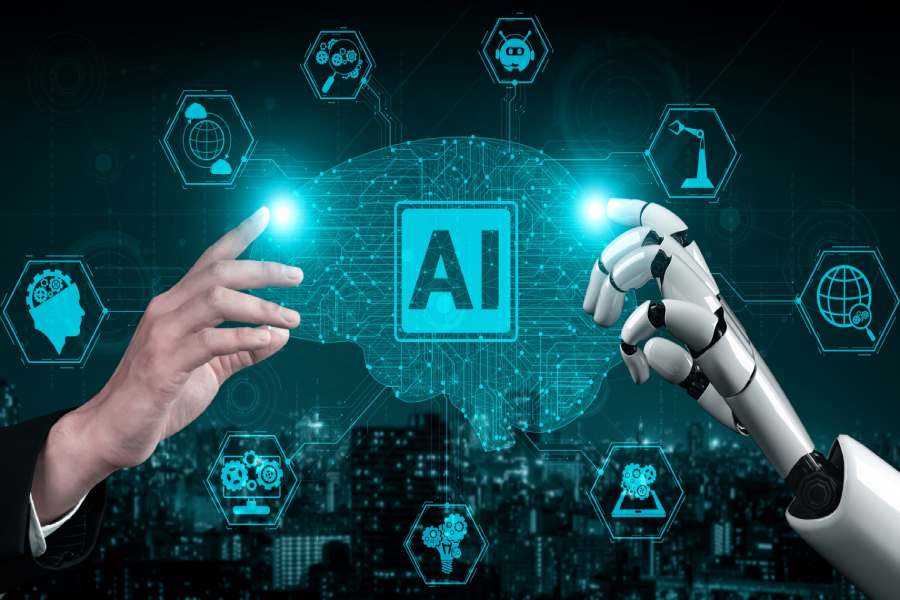Implementing AI In First Line Support: Best Practices And Technologies
Artificial Intelligence (AI) is rapidly reshaping customer service, with first line support being one of the most impactful areas of adoption. By automating routine queries, streamlining ticket handling, and providing instant responses, AI empowers businesses to deliver faster, more reliable, and cost-efficient support.
However, successful implementation requires more than just deploying a chatbot—it demands the right technologies, clear integration strategies, and a focus on customer experience. This article explores the best practices and key technologies that organizations should consider when embedding AI into their first line support operations.
Understanding First Line Support: Roles and Challenges
First line support serves as the initial point of contact for customers seeking assistance with products or services. It typically involves resolving common issues, troubleshooting, and addressing general inquiries to ensure first contact resolution. However, the evolving complexity of customer needs and the demand for rapid, consistent service delivery have made traditional help desk software and manual processes increasingly insufficient.
Challenges such as high ticket volumes, inefficient support ticket classification, and inconsistent incident management can hinder operational efficiency and negatively impact customer experience management.
To overcome these obstacles, many organizations are investing in IT support automation and customer support automation strategies. These aim to streamline workflows, automate routine tasks, and provide scalable support solutions. Integrating artificial intelligence (AI) into first line support workflows has emerged as a game-changer, empowering service desks to evolve from reactive problem-solving to proactive customer engagement.
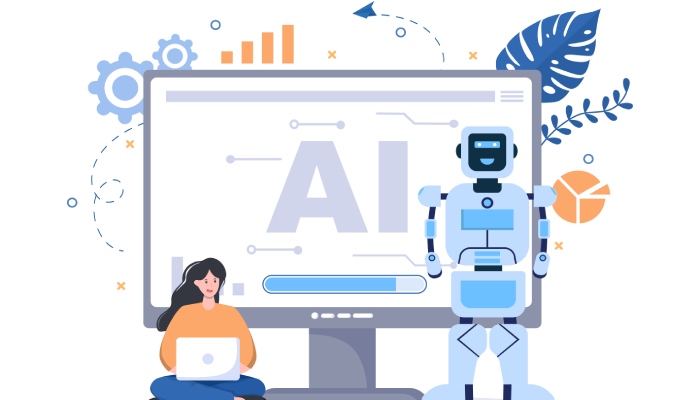
The Role of AI in Transforming First Line Support
Artificial intelligence technologies are revolutionizing first line support by automating and enhancing key activities within service desk automation frameworks. AI-powered chatbots and virtual assistants, embedded within help desk software such as Zendesk, Freshdesk, Salesforce Service Cloud, and ServiceNow, exemplify AI-driven support tools that manage frequent customer requests efficiently.
By leveraging machine learning algorithms and natural language processing (NLP), these solutions can intelligently interpret customer queries across multiple channels, deliver tailored responses, and initiate automated ticketing for complex incidents.Conversational AI platforms, including IBM Watson Assistant, Microsoft Power Virtual Agents, and Google Dialogflow, provide the backbone for these AI interactions by enabling sophisticated dialogue flows and contextual understanding.
Additionally, support escalation automation powered by AI ensures seamless routing of unresolved issues to human agents, reducing resolution times and minimizing customer frustration. Remote support AI capabilities further empower first line teams to diagnose and fix problems without requiring onsite intervention, driving operational agility.
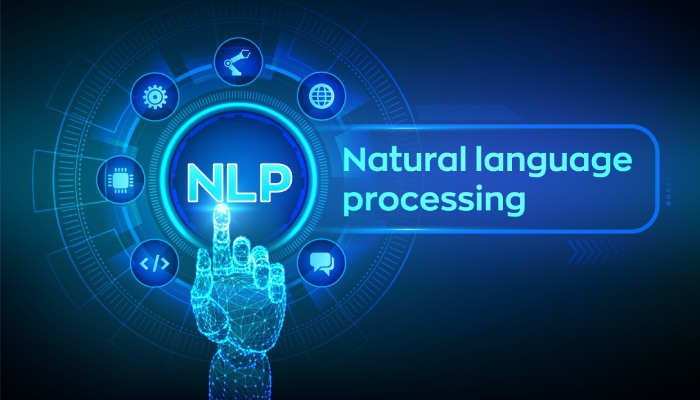
Key Benefits of AI Implementation in First Line Support
Implementing AI in first line support yields numerous strategic benefits:
- Enhanced First Contact Resolution: AI-powered chatbots like those developed by Drift, Ada Support, and Bold360 can resolve a large volume of routine tickets promptly, improving first contact resolution rates and reducing agent workload.
- Efficient Support Ticket Classification: AI-driven support platforms utilize predictive analytics and machine learning to automatically categorize incoming support tickets, assigning appropriate priority and routing for faster incident management.
- Improved Customer Experience Management: Sentiment analysis, often integrated into conversational AI systems such as LivePerson and Intercom, gauges customer emotions in real time, enabling personalized and empathetic responses.
- Comprehensive Self-Service Support: AI-enabled knowledge bases and no-code AI support tools allow customers to independently find accurate solutions, reducing dependency on live agents. Solutions from Capacity, Solvvy, and Inbenta exemplify advanced self-service support frameworks.
- Workflow Automation: Platforms like UiPath and Automation Anywhere facilitate complex workflow automation in conjunction with other AI support tools, optimizing internal processes and reducing human error.
- Multi-Channel Support Integration: AI in help desk environments like Zoho Desk, Help Scout, Kustomer, and Genesys AI seamlessly connect interactions across web chat, email, social media, and voice channels, maintaining consistent communication quality.
- Proactive Troubleshooting: Automated troubleshooting powered by AI-driven diagnostics anticipates technical issues before they affect customers, enhancing service reliability and uptime.
These benefits collectively translate into cost reductions, improved agent efficiency, and elevated customer satisfaction scores.
Common AI Technologies Used in First Line Support
Several AI technologies underpin the modern transformation of first line support:
- Chatbots and AI-Powered Chatbots: Chatbots built on conversational AI frameworks enable natural, continuous dialogues with customers. Entities such as Pypestream, Tidio, and Conversica specialize in creating interactive AI chat interfaces that reduce human intervention.
- Natural Language Processing (NLP): NLP allows AI systems to comprehend text and voice inputs effectively. Nuance Communications and Replicant offer advanced voice recognition and NLP capabilities that facilitate accurate understanding and response.
- Machine Learning: Machine learning models drive continual improvements in automated ticketing, support ticket classification, and predictive analytics by detecting patterns and learning from historical support data.
- Virtual Assistants: Intelligent virtual assistants support internal help desk agents by suggesting solutions, alerting on SLA breaches, and guiding incident management workflows.
- Sentiment Analysis: This technology evaluates customer tone and mood, guiding customer service AI to adapt its responses for better engagement.
- Remote Support AI: Tools from Ultimate.ai and Aisera integrate remote diagnostics with AI to expedite problem resolution without physical intervention.
- No-Code AI Support Tools: Platforms like Cognigy and Ameyo democratize AI deployment by enabling non-technical users to create automated workflows and chatbots through user-friendly interfaces.
- Service Desk Automation: Comprehensive suites, such as those provided by Salesforce Service Cloud and ServiceNow, combine multiple AI technologies for end-to-end IT support automation.
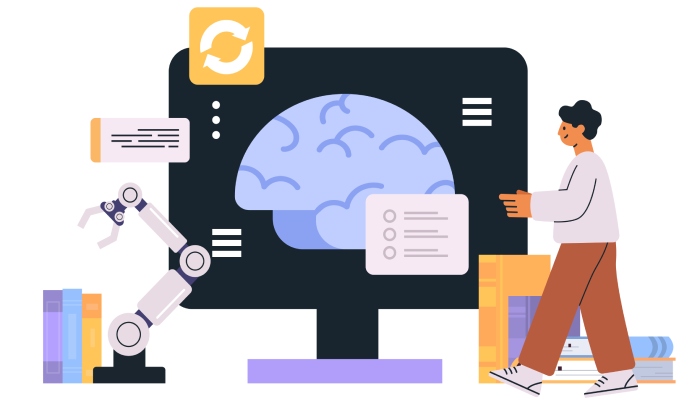
Natural Language Processing (NLP) for Efficient Customer Interaction
Natural language processing is foundational to achieving high-quality, seamless AI-driven customer interactions. By enabling machines to accurately interpret customer language nuances, NLP facilitates the intelligent parsing of queries, giving rise to effective conversational AI applications.
In first line support, NLP is applied in:
- Intent Recognition: Systems like IBM Watson Assistant and Google Dialogflow analyze customer input to ascertain the underlying purpose, enabling accurate issue diagnosis.
- Contextual Understanding: Advanced NLP models provide context retention across multi-turn conversations, enhancing the fluidity of virtual assistant engagements.
- Multi-Language Support: Global platforms such as Ada Support and Bold360 utilize NLP to handle diverse languages and regional dialects, ensuring inclusive support.
- Voice Recognition: NLP is combined with voice recognition technology from firms like Nuance Communications for voice-enabled virtual assistants, delivering hands-free and accessible support.
- Emotion Detection: Sentiment analysis algorithms embedded within NLP systems allow service agents or AI-powered chatbots to tailor responses empathetically, which positively influences customer retention.
With NLP integrated into customer service AI systems, first line support teams can automate complex dialogue management, reduce average handling time, and provide personalized experiences that meet the expectations of today’s digitally savvy consumers.
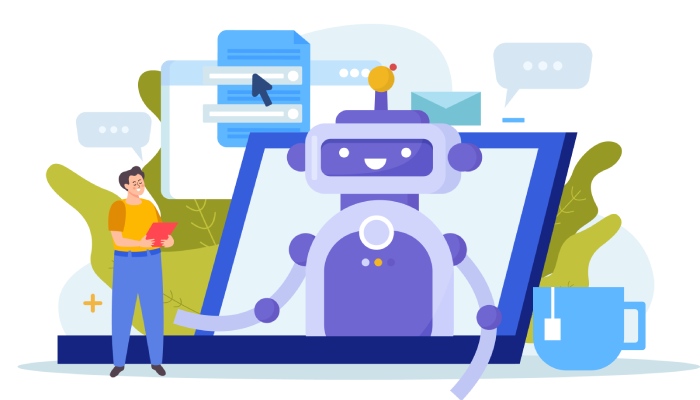
Chatbots and Virtual Assistants: Enhancing Customer Engagement
In the realm of customer support automation, chatbots and virtual assistants have revolutionized the way businesses engage with their customers. Leveraging artificial intelligence and natural language processing (NLP), these AI-powered chatbots provide instant, context-aware responses, significantly improving first contact resolution rates.
Platforms like IBM Watson Assistant, Microsoft Power Virtual Agents, and Google Dialogflow excel at deploying conversational AI that can handle complex dialogues across multiple channels, including web chat, messaging apps, and voice interfaces supported by voice recognition technology.
Virtual assistants go beyond simple scripted responses by utilizing sentiment analysis to gauge customer emotions in real time. This capability allows AI-driven support tools such as Ada Support, Drift, and Ultimate.ai to tailor interactions, foster empathy, and escalate tickets only when necessary through support escalation automation workflows.
Integration with existing knowledge bases and help desk software, including Zendesk and Freshdesk, empowers these virtual agents to deliver accurate, up-to-date information, reducing the dependency on human agents and driving efficiencies in customer experience management.
Self-service support also benefits from chatbots’ availability around the clock, providing 24/7 remote support AI that guides users through automated troubleshooting steps. This not only lightens the load on service desk automation teams but also improves customer satisfaction by enabling quick problem resolution without wait times, a key advantage when coupled with no-code AI support tools that allow businesses to customize bots without extensive programming expertise.
Machine Learning Models for Incident Categorization and Prioritization
An essential component of IT support automation is the ability to classify and prioritize incoming support tickets rapidly and accurately. Machine learning models, trained on historical support ticket data, excel at support ticket classification and predictive analytics, enabling automated ticketing systems within platforms such as ServiceNow and Salesforce Service Cloud to route issues to the appropriate teams efficiently.
By analyzing patterns in incident management data, these machine learning algorithms categorize tickets by severity, problem type, and customer impact, significantly reducing manual triage efforts. Advanced AI in help desk solutions like Zoho Desk, Help Scout, and Kustomer apply reinforcement learning and natural language processing to continuously improve their classification accuracy, becoming adept at handling even ambiguous or complex requests.
Such AI-driven support tools also prioritize tickets based on business rules, customer value, and predicted urgency, enhancing workflow automation to ensure critical problems receive immediate attention while routine queries are directed towards self-service or AI-powered chatbot resolution paths. This fusion of machine learning and automated workflows ensures service desk automation is not just reactive but proactively adaptive to fluctuating ticket volumes and issue complexities.
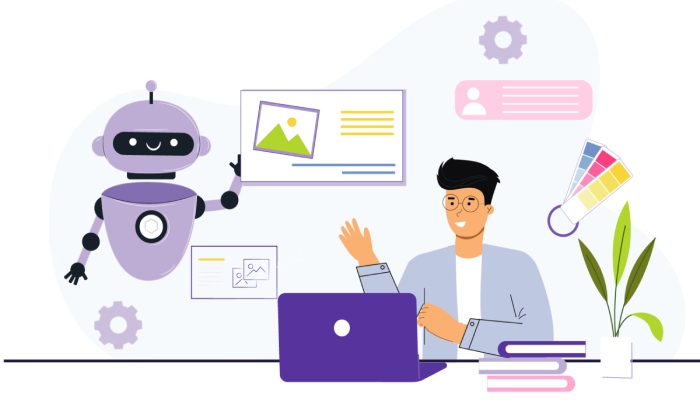
Integrating AI with Existing Support Systems and CRM Tools
The true power of artificial intelligence in customer service is unleashed when seamlessly integrated with existing help desk software and customer relationship management (CRM) systems. Solutions like Freshdesk and Zendesk offer built-in connectors for third-party AI platforms including Conversica, Genesys AI, and Nuance Communications, enabling a unified support ecosystem.
Integration with CRM tools such as Salesforce Service Cloud enhances customer experience management by ensuring AI-driven insights—derived through sentiment analysis and interaction history—are embedded directly within agent interfaces. This consolidated view promotes personalized, context-rich conversations, facilitating higher engagement and efficient incident resolution via service desk automation.
Furthermore, workflow automation frameworks powered by Automation Anywhere and UiPath can be configured to leverage AI outputs for task orchestration across IT, HR, and sales departments. These integrations enable support escalation automation and remote support AI functionalities to trigger appropriate actions downstream, such as opening tickets in ServiceNow or sending follow-up notifications through Intercom or LivePerson.
No-code AI support tools also ease the integration burden, allowing organizations to embed conversational AI and automated troubleshooting features into their existing multi-channel support infrastructure without extensive development cycles, improving agility and ROI on AI investments.
Data Collection and Preparation for AI-Driven Support
High-quality data collection and preparation are foundational for successful AI implementations in customer support. Effective AI-powered chatbots and machine learning models rely on comprehensive datasets sourced from previous incident records, chat transcripts, support ticket metadata, and customer feedback captured via voice recognition and sentiment analysis technologies.
Help desk software like Freshdesk and Zoho Desk facilitate centralized data aggregation, which is essential for constructing reliable training datasets. Data cleansing processes—such as removing redundant entries, anonymizing personal information to comply with privacy standards, and normalizing text inputs through natural language processing pipelines—ensure that AI algorithms learn from clean, representative samples.
For customer service AI that supports multi-channel interactions, datasets should reflect query variations across emails, chats, voice calls, and social media comments. This diversity enhances conversational AI models’ ability to generalize and adapt, providing superior first contact resolution and automated troubleshooting experiences.
Best Practices for Developing and Training AI Models
Developing effective AI models for customer support automation demands adherence to best practices encompassing data quality, model selection, and iterative testing. Choosing the right machine learning architecture—whether supervised learning for classification tasks or reinforcement learning for dynamic dialogue optimization—is crucial.
Integration with robust help desk software platforms like ServiceNow and Zendesk offers access to APIs and automation frameworks that facilitate real-time model testing and deployment. Employing conversational AI design principles, including context retention and handling ambiguous queries gracefully, elevates user experience and reduces reliance on human agents.
Frequent model retraining with updated datasets, gathered via automated ticketing and incident management workflows, ensures adaptability to emerging customer needs and evolving language patterns. Leveraging no-code AI support tools like Capacity and Solvvy accelerates experimentation cycles and allows business SMEs to actively participate in model configuration.
Moreover, incorporating explainability frameworks aids in monitoring AI decisions, fostering trust and compliance. Close collaboration between AI engineers, support teams, and compliance officers is necessary to align model behaviors with corporate policies, customer expectations, and broader digital strategies such as email campaign management.

Ensuring Data Privacy and Security in AI-Enabled Support
As organizations deploy AI in help desk and customer service environments, safeguarding data privacy and security is paramount. Customer support automation must comply with regulations such as GDPR, CCPA, and HIPAA, especially when personal and sensitive data is processed through AI-driven support systems.
Leading platforms like Salesforce Service Cloud and IBM Watson Assistant embed encryption protocols, access controls, and audit trails to protect data during collection, storage, and processing phases. AI in help desk environments incorporates anonymization and pseudonymization techniques within training datasets to minimize exposure risks.
Implementing role-based access within virtual assistants and chatbots limits data visibility to authorized personnel only. Support ticket classification and automated ticketing workflows should include automated redaction mechanisms for sensitive information before escalation or archival.
Security-conscious organizations also employ AI-based anomaly detection to monitor unusual access patterns or data breaches proactively. Furthermore, adopting no-code AI support tools with built-in compliance frameworks, such as Inbenta and Replicant, ensures AI-driven customer service solutions meet stringent privacy standards without compromising functionality.
Measuring Success: KPIs and Metrics for AI in First Line Support
Successfully integrating artificial intelligence into first line support requires a clear framework of key performance indicators (KPIs) and metrics that accurately reflect the impact of AI-driven solutions such as chatbots, virtual assistants, and automated ticketing on customer service efficiency and satisfaction.
First Contact Resolution (FCR)
One of the most critical KPIs is first contact resolution, which measures the percentage of inquiries resolved during the initial interaction without requiring escalation. AI-powered chatbot platforms like IBM Watson Assistant and Microsoft Power Virtual Agents utilize natural language processing (NLP) and machine learning algorithms to enhance FCR by providing precise, automated troubleshooting in real-time. Service desk automation tools from ServiceNow and Freshdesk also contribute by enabling swift support ticket classification and workflow automation that streamline incident management.
Customer Satisfaction (CSAT) and Sentiment Analysis
Customer experience management hinges heavily on CSAT scores, which gauge the quality of support interactions. Advanced sentiment analysis, often incorporated in customer service AI solutions such as Genesys AI and Nuance Communications, provides deeper insights into customer emotions during support engagements. This real-time emotional assessment enables more dynamic responses by virtual assistants or live agents, improving overall satisfaction.
Average Handling Time (AHT) and Ticket Volume
AI in help desk operations, including no-code AI support tools like Ada Support and Ultimate.ai, can reduce average handling time by automating repetitive tasks such as automated ticketing and knowledge base access. Monitoring ticket volume in conjunction with AHT helps organizations evaluate how customer support automation impacts efficiency.
Resolution Rate for Self-Service Support
The adoption of AI-powered self-service support portals, enhanced by conversational AI platforms such as Drift and Intercom, is increasingly driving autonomous issue resolution. Tracking the percentage of customers resolving their issues via these channels offers insights into the effectiveness of knowledge bases and IT support automation efforts.
Predictive Analytics
Predictive analytics tools in platforms like Salesforce Service Cloud, Zoho Desk, and Nureply harness historical data to forecast support trends and potential escalations, optimizing resource allocation and support escalation automation.
By systematically capturing and analyzing these metrics, organizations can fine-tune their AI implementations, whether it involves remote support AI or multi-channel support approaches, to maximize customer engagement and operational efficiency.

Overcoming Challenges and Limitations of AI in Support Environments
While artificial intelligence delivers transformational benefits in first line support, it is essential to address inherent challenges to harness its full potential effectively.
Complexity of Natural Language Understanding
Although advances in natural language processing have made AI-powered chatbots and virtual assistants smarter, nuances in human language—such as sarcasm, ambiguous queries, or specialized jargon—may still cause misinterpretations. Platforms like Google Dialogflow and Cognigy continue to enhance conversational AI capabilities, yet human oversight remains important to handle exceptions.
Integration with Existing Help Desk Software
Integrating AI-driven support solutions, such as IT support automation or service desk automation tools from UiPath and Automation Anywhere, with legacy systems can be complex. Compatibility issues may arise, requiring scalable APIs and smooth interoperability for seamless workflow automation across systems like Zendesk and Help Scout.
Customer Trust and Adoption
Some users still hesitate to engage with AI systems due to concerns about accuracy and privacy. Ensuring transparent communication and providing easy options to escalate to a human agent via support escalation automation frameworks help build trust and improve acceptance.
Data Privacy and Compliance
Customer service AI deployments must adhere to stringent data protection regulations. Collecting and analyzing customer interactions with tools like voice recognition and sentiment analysis requires robust data governance procedures.
Cost and Resource Allocation
Implementing advanced AI technologies such as conversational AI or remote support AI may involve significant initial investment. Organizations must balance resource allocation between AI development and ongoing maintenance, considering no-code AI support tools by Ada Support or Solvvy to minimize complexity and costs.
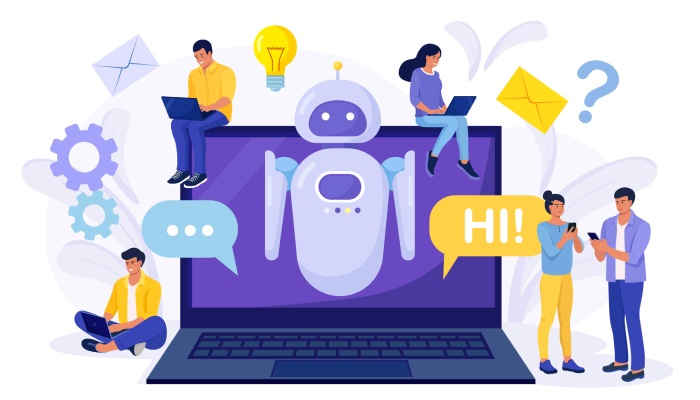
Future Trends: AI Innovations Shaping the Future of First Line Support
Emerging innovations in artificial intelligence are poised to redefine the landscape of first line support, making solutions more intuitive, personalized, and efficient.
- Conversational AI with Emotion Intelligence: Future AI-powered chatbots and virtual assistants will combine NLP with advanced sentiment analysis and voice recognition to deliver emotionally intelligent interactions. Providers such as Bold360 and Conversica are advancing towards AI support that can detect caller mood and adjust dialogue accordingly, elevating customer experience management.
- Hyper-Personalization through Machine Learning: AI-driven support will increasingly leverage predictive analytics to offer proactive solutions suited to individual customer behavior patterns. This trend will drive next-generation incident management and automated troubleshooting by anticipating issues before they arise, much like crafting the right subject line in email support to capture intent and guide users effectively.
- Multi-Channel and Omnichannel Support Integration: Integration across channels—chat, email, phone, social media—will be seamless, supported by platforms like Kustomer, Ameyo, and LivePerson. AI will unify data from all touchpoints for a cohesive, smoother customer journey.
- No-Code AI Support Tools: The rise of no-code AI support platforms such as Capacity and Pypestream empowers organizations to build and customize chatbots and workflow automations without extensive technical expertise, accelerating AI adoption.
- Enhanced Remote Support Capabilities: In a post-pandemic world, remote support AI tools will be critical for managing decentralized IT support operations. Solutions like Replicant and Tidio employ sophisticated AI to provide personalized assistance without physical presence.

